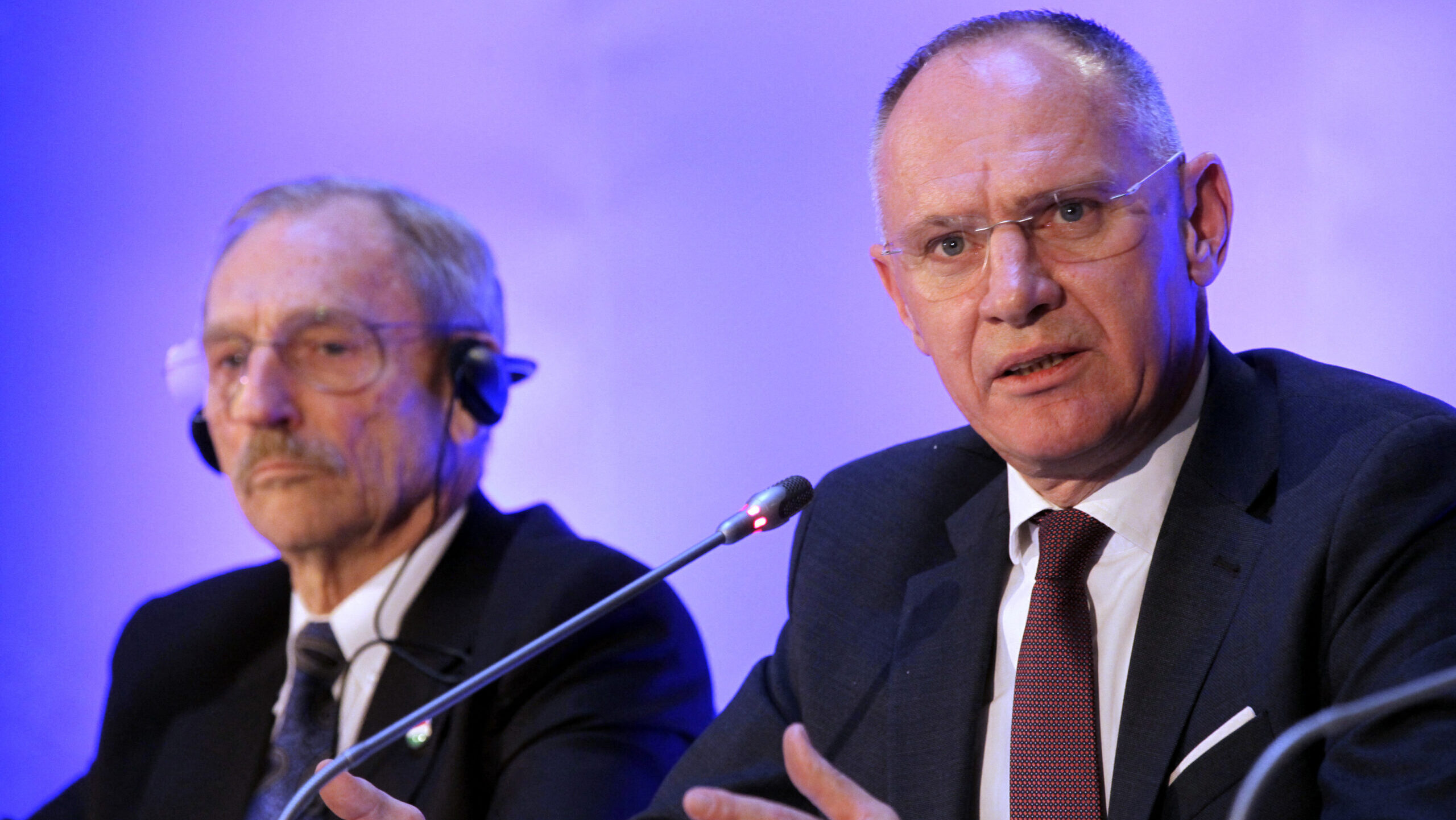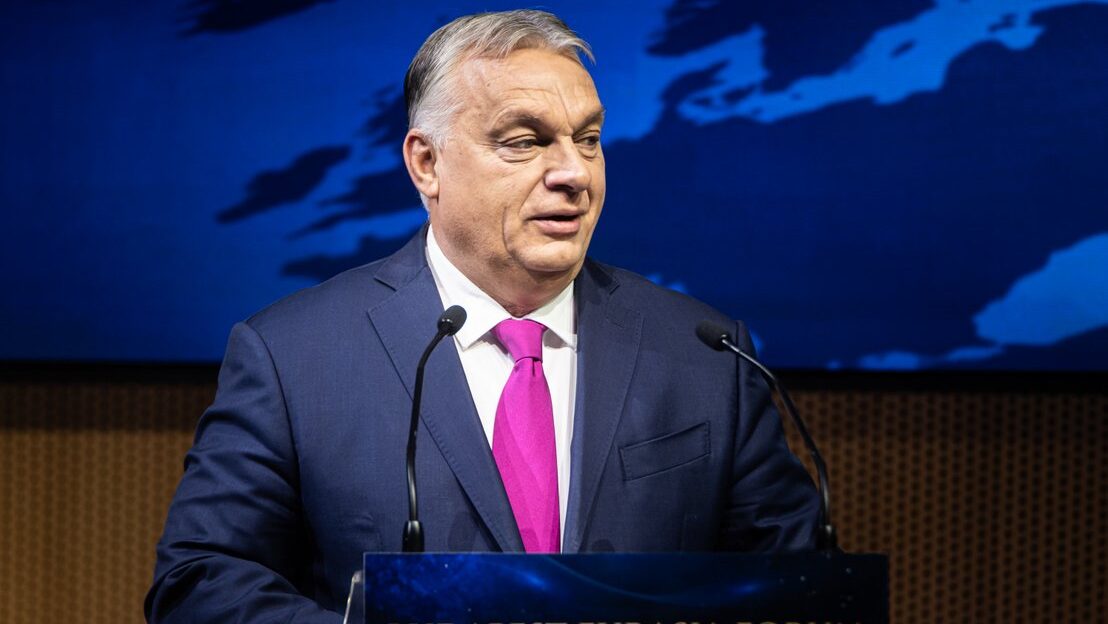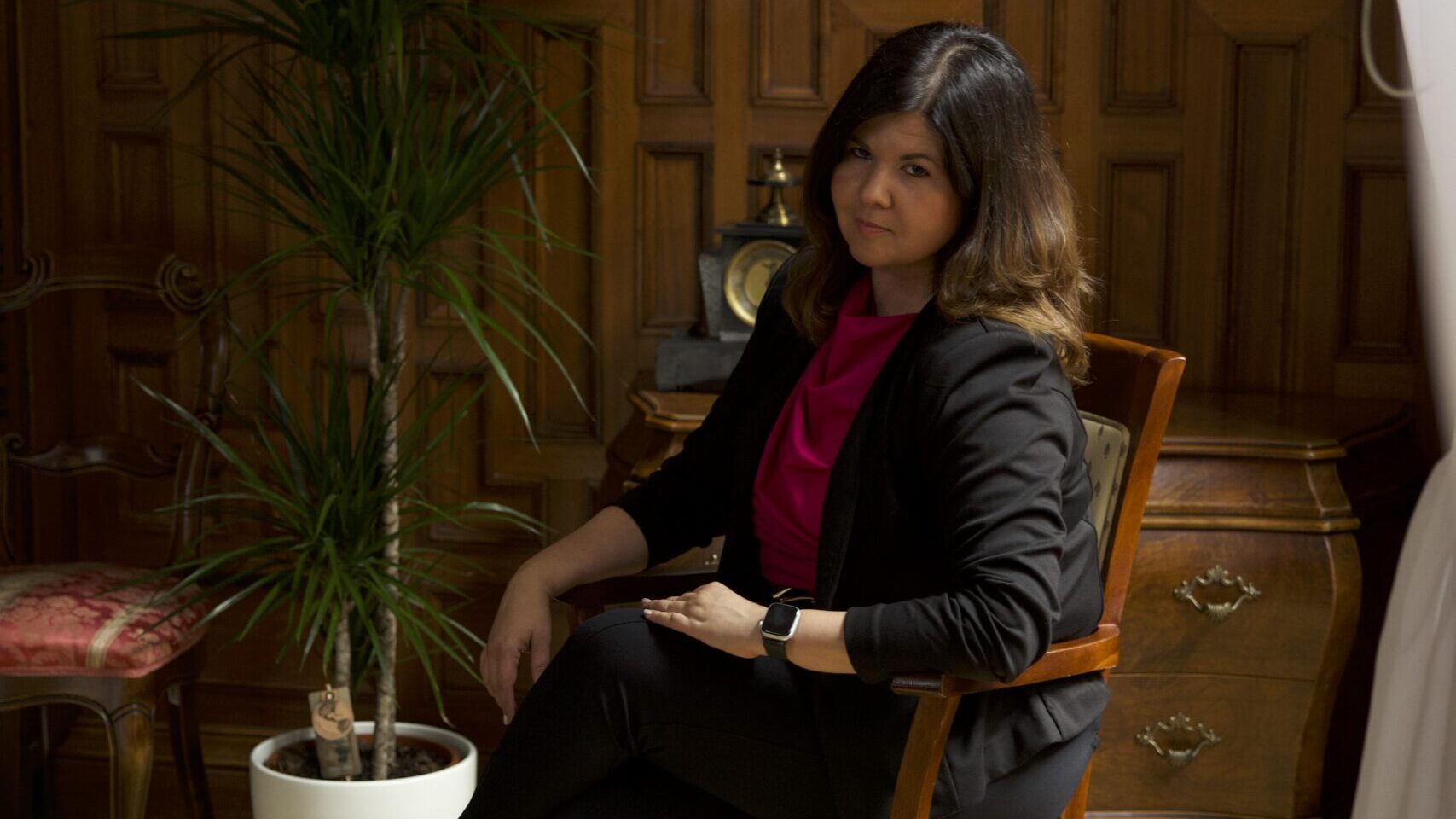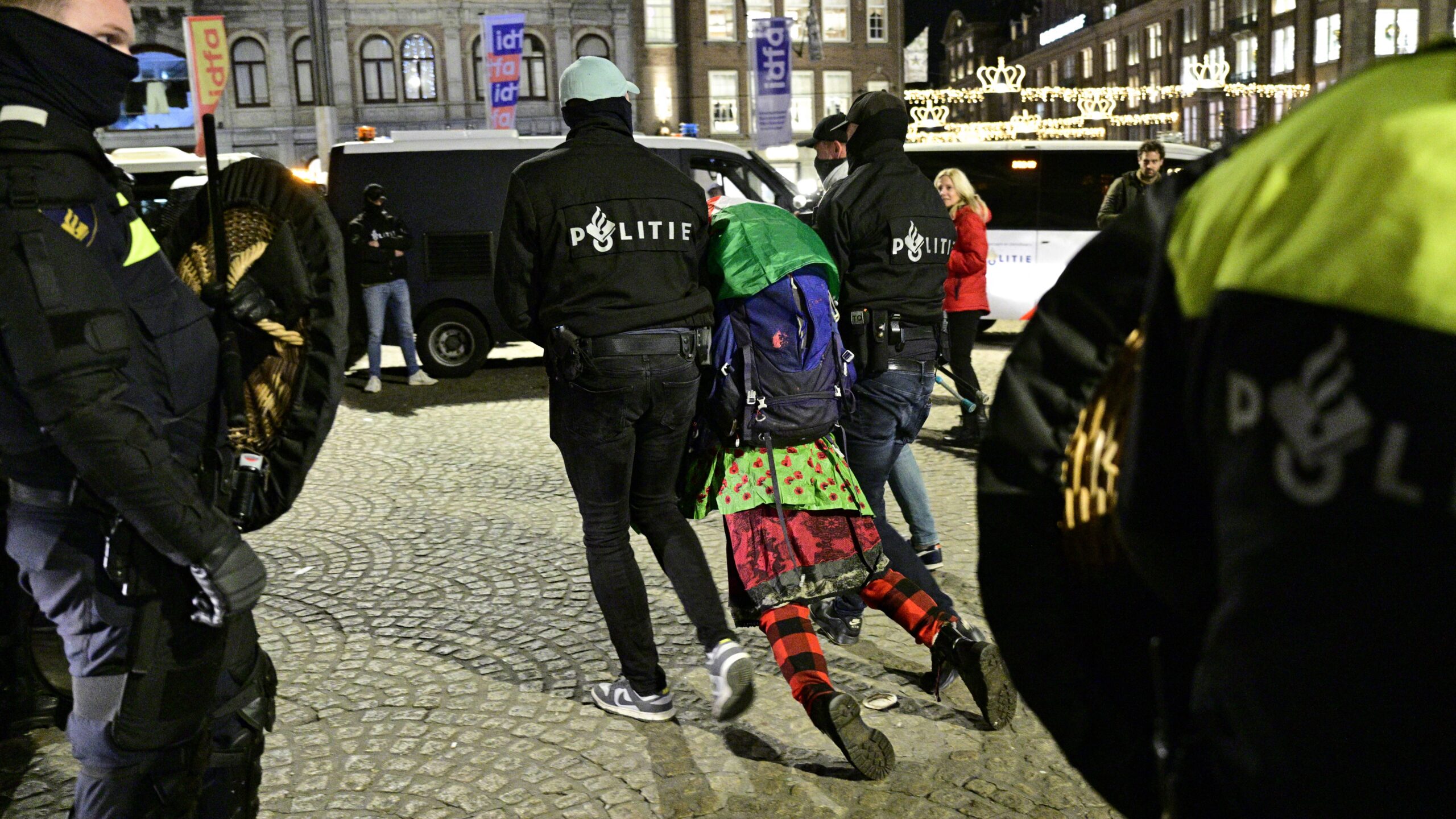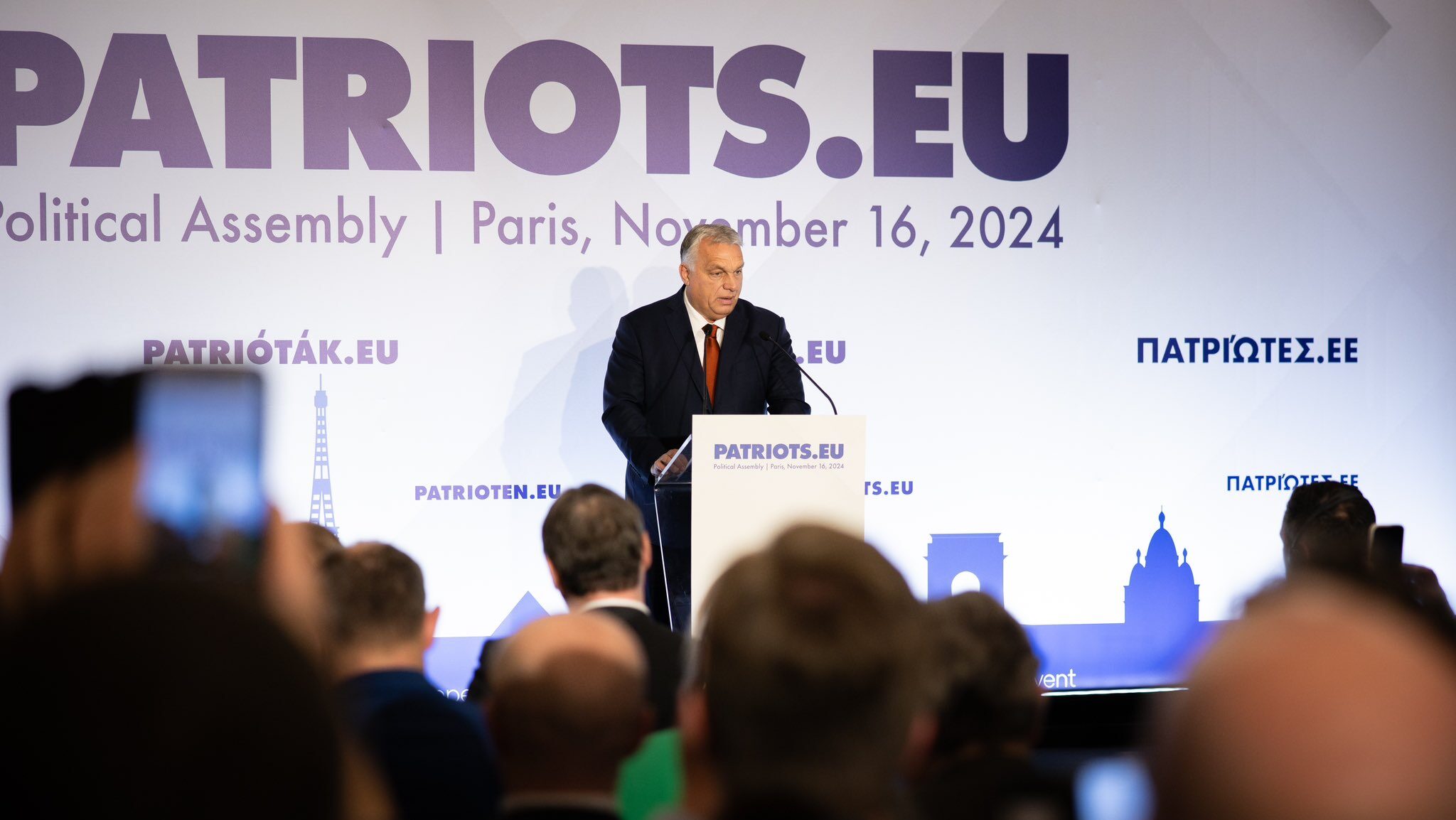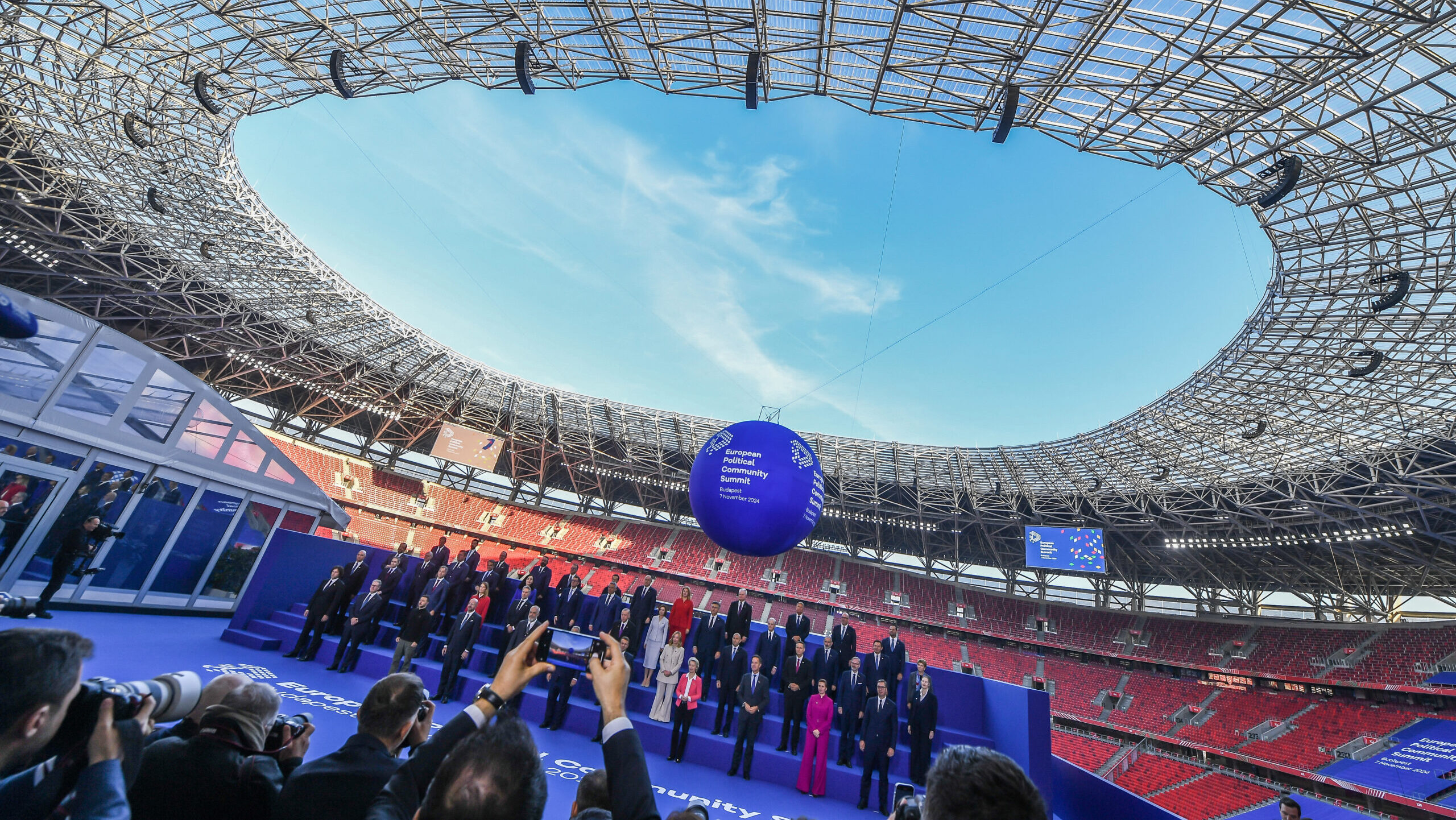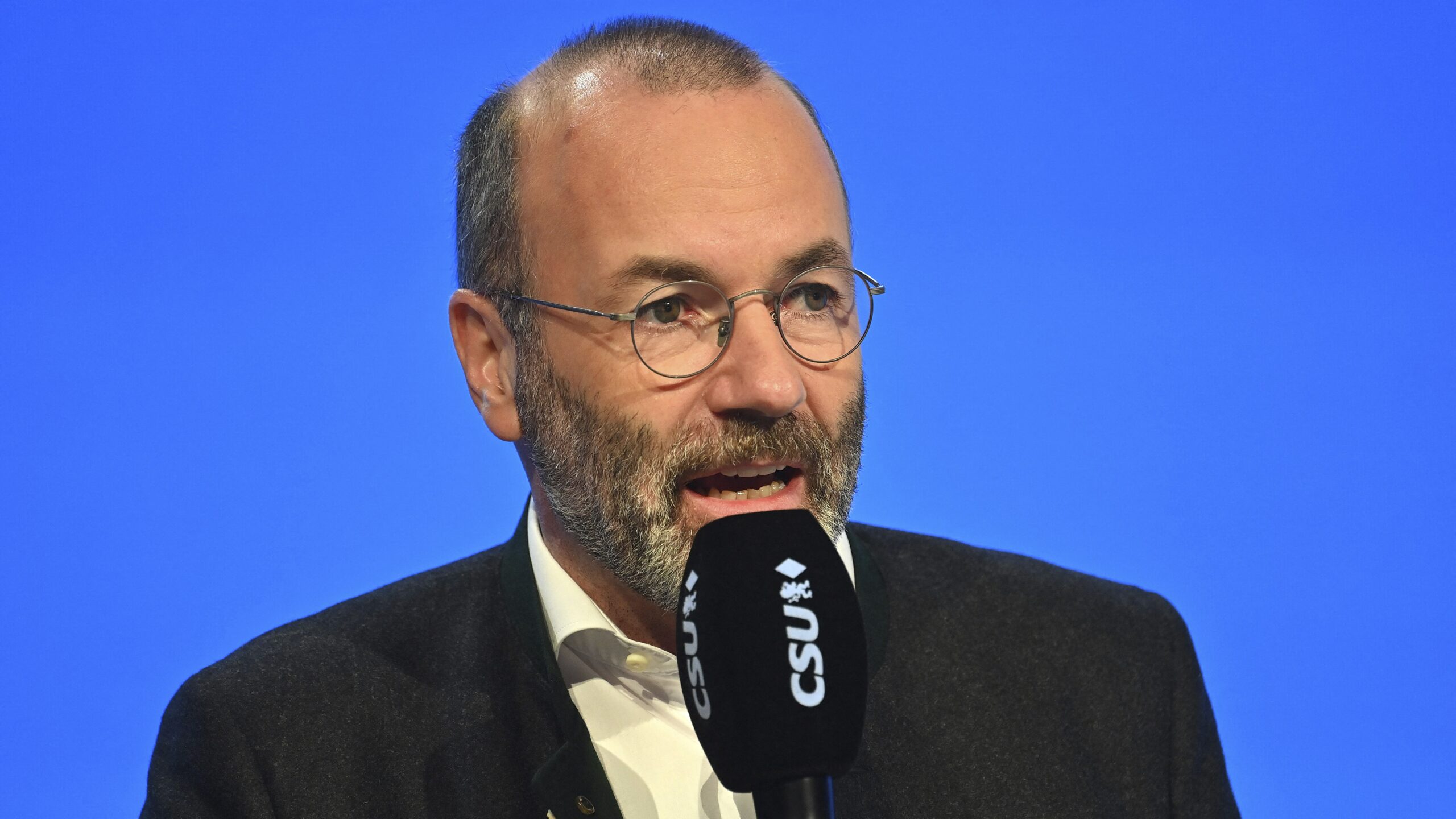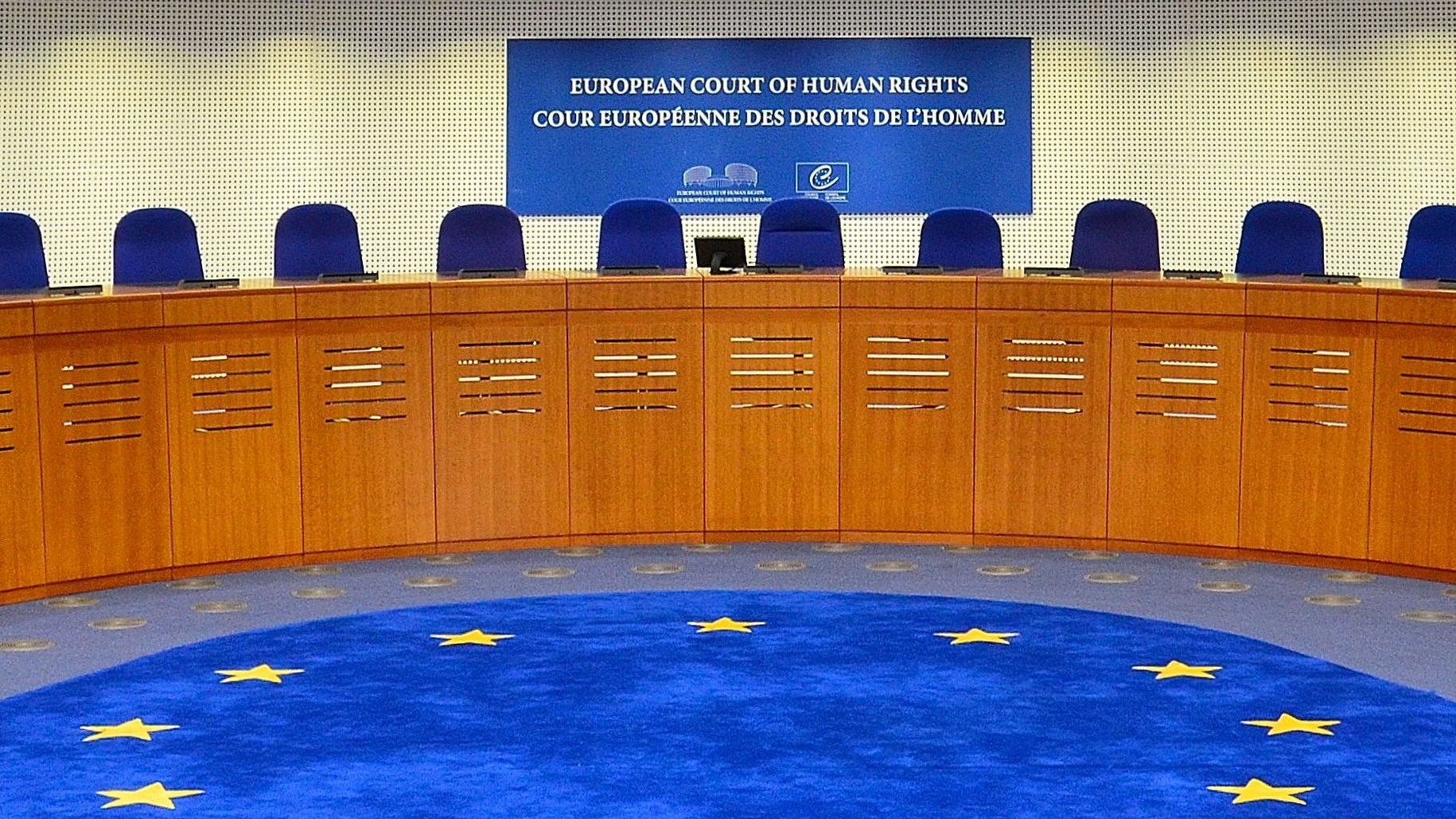
ECHR Ruling Condemning Denmark over Deportation of Foreign Drug Trafficker Goes Unnoticed
In a ruling delivered on 12 November 2024, the ECHR condemned Denmark for deporting an Iraqi drug trafficker. The European judges established new principles in this case that could set a precedent and further limit States’ rights to deport foreign criminals. The ruling also undermines UN conventions on drug control.

